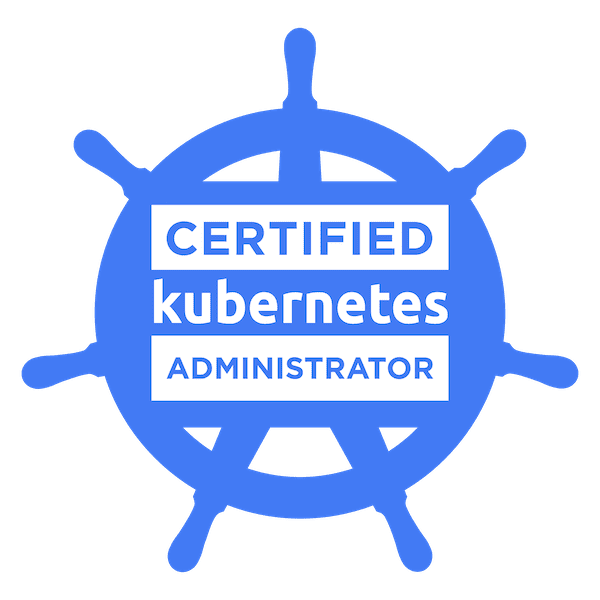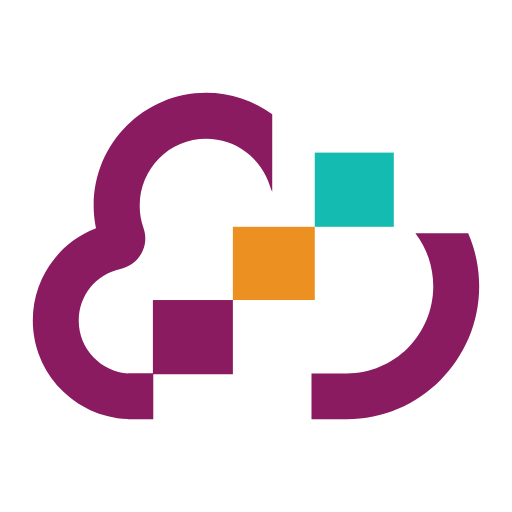Master Kubernetes with CKA Certification
The Certified Kubernetes Administrator (CKA) exam tests your Kubernetes skills. It’s a 2-3 hour exam where you’ll do real tasks in a live Kubernetes environment. This certification can help your career in Kubernetes and show you know how to manage container systems.
Key Takeaways
Key Points About the CKA Exam
- 100% practical exam, testing hands-on Kubernetes admin skills
- 2-3 hours of performance-based tasks
- Covers cluster architecture, workloads, scheduling, services, networking, storage, and troubleshooting
- Tests proficiency with kubectl, YAML files, and Kubernetes API objects
- Conducted in a live Kubernetes environment
- Access to official Kubernetes documentation allowed during the exam
- Results typically received within 36 hours after completion

What’s on the CKA Exam?
The CKA exam covers several important areas of Kubernetes. Here’s a breakdown of what you’ll need to know:
CKA Exam Domain Weightings
You’ll need to know how to use kubectl, YAML files, and Kubernetes API objects. The exam tests how well you can manage and fix Kubernetes clusters in real-world situations, like you might face as a Kubernetes administrator.
Getting Ready for the CKA
To prepare for the CKA exam, you need to practice with real Kubernetes clusters. Our CKA preparation course gives you hands-on experience with Kubernetes clusters, covering all exam topics and offering tips for test success. The course is like the exam environment, so you’ll be well-prepared.
Our course helps you learn:
- Setting up and managing Kubernetes clusters
- Working with pods, deployments, and services
- Handling storage and networking in Kubernetes
- Fixing common Kubernetes problems
- Implementing security measures in Kubernetes
Cluster Architecture and Security
A big part of the exam (25%) is about cluster architecture. You’ll need to show you can set up and manage Kubernetes clusters, including working with Role-Based Access Control (RBAC) for security and making sure your clusters are always available.
Our course covers important topics like:
- Setting up RBAC rules for access control
- Making and keeping clusters highly available
- Upgrading clusters safely
- Backing up and restoring etcd
Workloads and Scheduling
About 15% of the exam is about managing workloads and scheduling. You’ll be tested on deploying applications, scaling them, and using ConfigMaps and Secrets to manage application settings safely.
Our container orchestration courses cover these topics in depth, helping you master Kubernetes deployments, scaling, and scheduling.
Networking in Kubernetes
Networking is a big part of Kubernetes, making up 20% of the CKA exam. You’ll need to understand Kubernetes networking concepts, including services, ingress controllers, and DNS management.
Our course covers important networking concepts, including:
- Setting up network policies for secure pod communication
- Configuring ingress controllers for external access to services
- Using CoreDNS for service discovery in the cluster
- Understanding different service types (ClusterIP, NodePort, LoadBalancer)
Storage in Kubernetes
Storage is 10% of the exam content. You’ll need to show you can work with persistent volumes, storage classes, and set up dynamic storage provisioning for different application needs.
Our cloud computing courses include lessons on Kubernetes storage, preparing you for this part of the exam. You’ll learn about different storage options and how to use them in Kubernetes.
Troubleshooting Kubernetes
The biggest part of the exam (30%) is about troubleshooting. You’ll need to show you can find and fix common Kubernetes problems quickly.
Our course teaches you how to:
- Debug application failures in pods and containers
- Fix networking problems, including service discovery issues
- Solve cluster-level issues, like node failures
- Use logging and monitoring tools to find and fix problems
Exam Tips and Strategies
To do well on the CKA exam, you need to manage your time well and know how to use the Kubernetes documentation. Practice using the official docs, as you can use them during the exam. Our certification prep courses include practice exams and time management tips to help you prepare.
Benefits of CKA Certification
Getting the CKA certification can help your career in container orchestration and cloud technologies. It shows employers you know how to manage Kubernetes environments at scale.
Benefits of CKA certification include:
- Better job opportunities and career growth
- Recognition of your Kubernetes skills
- Proof that you can build and maintain production-grade Kubernetes clusters
- More credibility in the cloud-native and DevOps communities
Our CKA Prep Course
Our Certified Kubernetes Administrator course is designed to help you pass the CKA exam. We cover all exam topics and give you lots of hands-on practice to make sure you’re ready for the certification.
Join our course to become a certified Kubernetes expert and learn the skills you need for container orchestration!

Conclusion
The CKA certification shows you’re an expert in Kubernetes administration. It covers all aspects of managing Kubernetes environments, from setting up clusters to fixing complex problems. With good preparation and practice, you can pass this challenging exam and improve your career opportunities in cloud computing and container orchestration. For a more basic course you can do prior to the CKA, see our Kubernetes Fundamentals Course, and for developers our Certified Kubernetes Application Developer CKAD Course.
Ready to improve your Kubernetes skills? Check out our cloud certification courses and start your journey to becoming certified. Join other Kubernetes professionals and open up new opportunities in cloud-native technologies!
